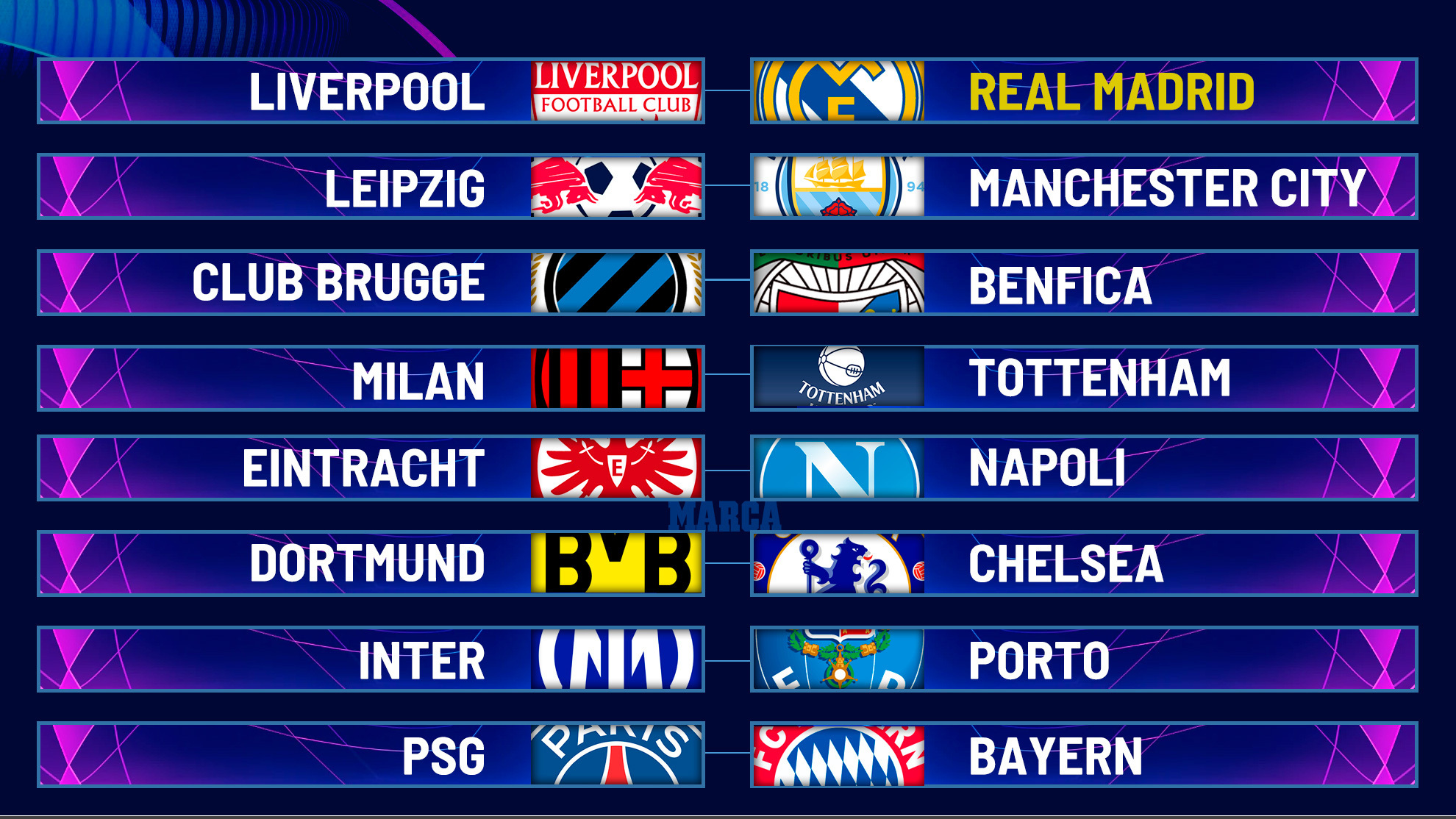Beyond the Whistle: A Deep Dive into Football Clubs with the Worst Discipline
Football, often dubbed “the beautiful game,” captivates billions worldwide with its blend of skill, strategy, passion, and unpredictable drama. At its heart, it is a contest of talent and tactical prowess, governed by a strict set of rules designed to ensure fair play and protect players. However, beneath the veneer of strategic brilliance and athletic grace, there often lies a darker, more contentious aspect: poor discipline. While isolated incidents of misconduct are inevitable in any high-stakes sport, some football clubs consistently gain a reputation for their players’ egregious fouls, frequent dissent, and a general disregard for the spirit of the game. This article delves into the multifaceted phenomenon of clubs with the worst discipline, exploring its definition, underlying causes, widespread ramifications, and potential pathways to reform.
Defining the Spectrum of Poor Discipline
When we speak of “poor discipline” in football, it extends far beyond merely accumulating yellow and red cards. While these are the most visible indicators, they represent only a fraction of a broader spectrum of misconduct. A club with truly poor discipline often exhibits:
- Excessive On-Field Aggression: This includes a high frequency of fouls, particularly dangerous ones, reckless challenges, and cynical tackles designed to stop opponents at all costs, even if it means risking injury.
- Dissent and Lack of Respect: Players who constantly argue with referees, show blatant disrespect towards officials, or engage in persistent verbal abuse contribute significantly to a club’s poor disciplinary record. This also includes simulation (diving) and time-wasting, which undermine the game’s integrity.
- Lack of Self-Control: Moments of madness, such as retaliatory fouls, brawls, or unprovoked acts of violence, often stem from a lack of emotional regulation among players.
- Tactical Fouling as a Strategy: Some teams might employ a “win-at-all-costs” mentality where committing tactical fouls to break up play, slow down opponents, or prevent counter-attacks becomes an accepted, if unsportsmanlike, part of their game plan.
- Off-Field Misconduct: While less directly tied to on-pitch fouls, a club’s overall discipline also encompasses the behavior of its players and staff outside of matches. Incidents ranging from public order offenses to gambling scandals or breaches of team rules contribute to a perception of a lack of control and professionalism within the organization.
- Managerial and Staff Misconduct: Coaches and backroom staff who engage in aggressive touchline antics, confrontational behavior towards officials, or public criticism of referees often set a poor example that permeates down to the players.
It’s crucial to understand that a club’s disciplinary issues are rarely isolated to one player; they often reflect a deeper systemic or cultural problem within the organization.
The Root Causes: Why Do Clubs Become Ill-Disciplined?
The factors contributing to a club’s consistent poor discipline are complex and interconnected, ranging from tactical decisions to deep-seated organizational culture.
- Managerial Philosophy and Tactics: A manager’s approach to the game is perhaps the most significant determinant. Coaches who prioritize aggression, physicality, and a “win-at-all-costs” mentality, sometimes explicitly or implicitly encourage players to push the boundaries of the rules. If a manager tolerates or even praises players for “toughness” that borders on recklessness, it sends a clear message that such behavior is acceptable. Conversely, managers who emphasize fair play, tactical intelligence over brute force, and respect for officials tend to foster a more disciplined squad.
- Club Culture and Identity: Some clubs historically develop an identity around being “hard-nosed,” “fighters,” or “never-say-die” teams. While these traits can be admirable in terms of resilience, they can sometimes morph into an acceptance of excessive aggression or disregard for rules. If this culture is deeply embedded, it can be difficult to change, as new players are assimilated into existing norms. The club’s leadership, from the board down, plays a crucial role in shaping this culture.
- Player Psychology and Personality: The composition of the squad plays a vital role. A team with a high number of emotionally volatile players, or those prone to hot-headed reactions, will naturally accumulate more cards. Some players are simply more impulsive or less able to control their tempers under pressure. Additionally, a lack of professional maturity or education on the consequences of their actions can contribute to poor decision-making on the field.
- High Stakes and Pressure: In leagues where promotion, relegation, or championship titles are on the line, the pressure can be immense. This can lead players and coaches to resort to desperate measures, including tactical fouling or aggressive behavior, in the heat of the moment. The desire to win can overshadow ethical considerations.
- Perceived Injustice and Officiating: While never an excuse for poor behavior, a team that consistently feels unfairly treated by referees, or believes officiating standards are poor, can develop a sense of frustration and resentment. This can manifest in increased dissent, retaliatory fouls, and a general lack of respect for the officials, creating a vicious cycle.
- Lack of Internal Accountability: If there are no serious internal consequences for repeated disciplinary breaches—beyond standard suspensions—players may not feel compelled to change their behavior. A club that consistently fines players for red cards or imposes internal bans demonstrates a commitment to discipline that can influence future conduct.
The Ramifications of Poor Discipline
The consequences of a club’s poor disciplinary record extend far beyond individual player suspensions, impacting performance, reputation, and financial stability.
- Sporting Disadvantage: This is the most immediate and tangible impact. Frequent red cards mean playing with ten men, significantly reducing a team’s tactical options and increasing the workload on remaining players. Suspensions sideline key players for crucial matches, forcing managers to field less experienced or less effective lineups. The accumulation of yellow cards can also lead to suspensions, disrupting team cohesion and momentum. Furthermore, conceding numerous free kicks and penalties due to fouls gives opponents more scoring opportunities.
- Reputational Damage: A club known for its ill-discipline develops a negative image. This can alienate fans, especially those who value fair play, and deter potential sponsors who do not wish to associate their brand with controversy or unsportsmanlike conduct. It can also make it harder to attract top talent, as ethical players may prefer to join clubs with a more positive and professional environment. Opponents and referees may also approach matches against such clubs with a preconceived notion, potentially influencing future interactions.
- Financial Repercussions: Fines from league bodies and disciplinary committees for misconduct, protests, or player behavior can be substantial. Beyond direct fines, loss of sponsorship deals or reduced prize money due to lower league finishes (partially caused by disciplinary issues) can hit a club’s bottom line hard.
- Erosion of Trust and Integrity: Ultimately, persistent poor discipline erodes the integrity of the sport. It sends a message that winning is more important than fair play, undermining the values football is supposed to represent. This can lead to cynicism among fans and a devaluation of the game itself.
Case Studies and Examples (General Trends)
While it’s difficult and often unfair to single out specific current clubs for perpetual “worst discipline” without deep, real-time data, historical trends and certain football cultures often illustrate these points.
- The “Enforcer” Era: In past decades, particularly in leagues known for their physicality, some teams deliberately built squads with “enforcer” players whose primary role was to intimidate opponents and break up play, often through aggressive means. While these players were valued for their toughness, they also frequently accumulated cards.
- Derby Match Intensity: Local derbies or high-stakes rivalries often see a spike in cards and misconduct, as passion boils over. Clubs with intense rivalries might implicitly or explicitly encourage players to be “extra physical” in these games.
- Leagues with Different Officiating Standards: Some leagues, particularly those outside of Europe’s top five, might have less consistent officiating, leading to more player frustration and potentially more aggressive play as players feel they need to “take matters into their own hands.”
- Clubs Under Immense Pressure: Teams fighting relegation or chasing promotion in the final stages of a season often show a surge in cynical fouls as desperation sets in.
It’s important to note that a club’s disciplinary record can fluctuate significantly depending on managerial changes, player turnover, and overall league dynamics. A “badly disciplined” club one season might be exemplary the next.
Pathways to Reform: Cultivating Discipline
Changing a club’s disciplinary culture requires a multi-pronged approach involving leadership, education, and consistent enforcement.
- Strong Leadership from the Top: The club’s board and executive management must unequivocally commit to fair play and ethical conduct. This message needs to be clearly communicated and consistently reinforced throughout the organization.
- Managerial Accountability: Managers must be held accountable not just for results, but also for their team’s conduct. Coaches should emphasize disciplined play, respect for officials, and emotional control in training and team talks. They should also be proactive in substituting players who are losing their temper.
- Player Education and Development: This extends beyond tactical training. Clubs should invest in workshops on sportsmanship, ethical conduct, conflict resolution, and mental resilience. Young players coming through academies should be instilled with these values from an early age. Psychological support can also help players manage pressure and control their emotions.
- Clear Internal Sanctions: Beyond league-imposed penalties, clubs should implement their own clear, consistent, and meaningful internal sanctions for disciplinary breaches. This could include fines, extra training, or temporary exclusion from the squad, sending a strong message that misconduct will not be tolerated.
- Referees and VAR: Consistent and fair officiating, aided by technology like VAR, can help reduce player frustration and the feeling of injustice, potentially leading to less dissent and retaliatory behavior. Stricter enforcement of rules around simulation and dissent is also crucial.
- Tactical Adaptations: Managers can adjust their tactical approaches to be less reliant on aggressive fouling and more focused on technical skill, positional play, and strategic pressing.
Conclusion
While passion and competitiveness are integral to football’s allure, they must be balanced by discipline and respect for the rules. Clubs with consistently poor disciplinary records not only undermine their own sporting aspirations but also detract from the beauty and integrity of the game itself. Addressing this issue requires a concerted effort from all stakeholders: club leadership, managers, players, officials, and even fans. By prioritizing fair play, investing in education, and enforcing clear standards of conduct, football can continue to evolve as a sport that is not only thrilling to watch but also exemplary in its commitment to sportsmanship and ethical competition. The ultimate goal is to ensure that “the beautiful game” remains beautiful, both in its brilliance and its conduct.




